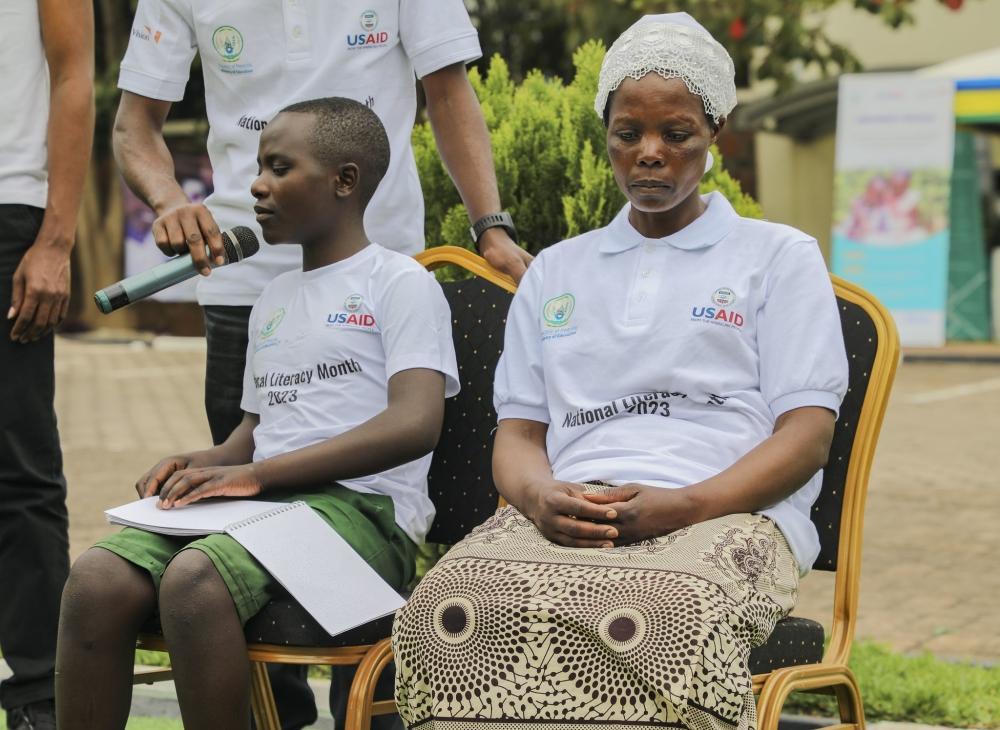Africa-Press – Rwanda. Rwanda Organization of Persons with Deaf-Blindness has called for the establishment of a dedicated school for people with deaf-blindness, noting that the absence of such a facility limits their ability to develop communication skills and contribute to the country’s development.
The appeal as the organisation hosted a national awareness event on deaf-blindness in Kigali on May 15, aimed at recognising deaf-blindness as a distinct disability.
“There are no schools in Rwanda specifically for people with deaf-blindness. Communication remains a major barrier, as very few people are trained in tactile sign language,” said Herman Bambanze, president of the organisation.
Bambanze, who is deafblind, noted that the organisation has so far identified 350 people with deaf-blindness in Rwanda, with around 60 percent under the age of 10.
He stressed the need for schools equipped to support their specific needs.
The barrier to education affects not only deaf-blind people but also their families and the broader community. As people with this condition grow older, the lack of support further limits their ability to develop or maintain essential life skills, said Bambanze.
He urged the Rwandan society to treat people with deaf-blindness with respect and empathy.
“They are people, not objects,” he said. “Don’t mock them when they struggle, instead, offer your help. You might find a friend.”
Mathilda Mukandinda, a resident of Save Sector in Gisagara district, mother of four, three of whom are deaf-blind, shared her personal story.
While her children initially studied in a school for children with disabilities located in Ngoma Sector, Huye District the lack of tailored support became evident as their needs changed.
Her 27-year-old daughter was forced to drop out in 2013 after she began to lose her sight.
“She was bright and eager to learn,” Mukandinda recalled, “but the school couldn’t accommodate her as her condition progressed.”
Emmanuel Ndayisaba, Executive Secretary of the National Council of Persons with Disabilities (NCPD), emphasised the need for inclusive educational infrastructure.
“We aim to ensure that every province has at least one public school equipped to meet various special education needs,” he said.
“The schools may not be exclusively for the deaf-blind, but they should have designated classrooms, trained staff, and health services tailored to their needs, even boarding facilities where necessary.”
“The Ministry of Education is also planning for it, and we discussed the matter with the Rwanda Education Board during our recent meeting on the education of children with autism,” he noted.
For More News And Analysis About Rwanda Follow Africa-Press






